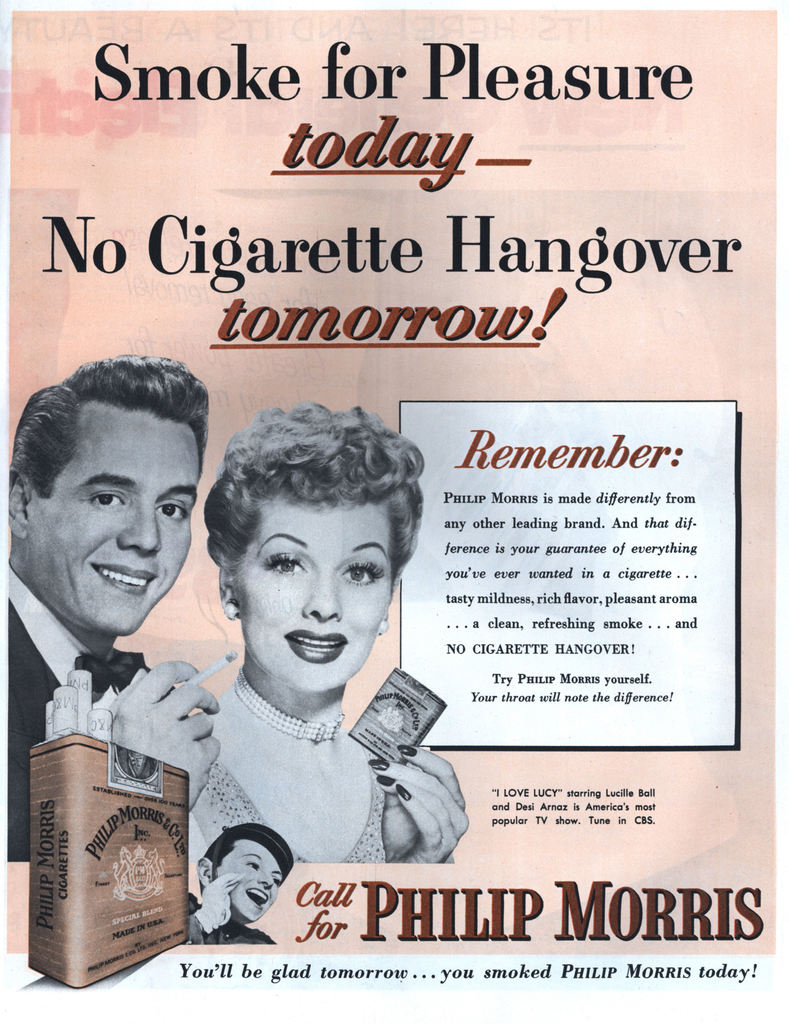 Here is a fantastic piece of news about an undercover investigation by the Royal Society of Public Health, reported in April 2017. They found that nine out of ten retailers of e-cigarettes ‘are turning a blind eye to their use by non-smokers, and effectively pushing them as a lifestyle product.’ Very wicked!
Here is a fantastic piece of news about an undercover investigation by the Royal Society of Public Health, reported in April 2017. They found that nine out of ten retailers of e-cigarettes ‘are turning a blind eye to their use by non-smokers, and effectively pushing them as a lifestyle product.’ Very wicked!
What are vape shop staff supposed to do when a customer comes in who wants to buy this type of nicotine delivery device? Ask the customer to prove he or she is a smoker? Or say, ‘I’m sorry, I can’t sell e-cigarettes as a lifestyle product – you’ll have to become a smoker first, so when you’ve got a nice smoker’s cough and nicotine-stained fingers come back and I’ll sell you e-cigarettes to help you stop smoking!’?
Shops exist to sell their goods. Quite rightly there are age-related restrictions on alcohol and tobacco, but it’s one thing to ask a potential customer to prove his or her age and quite another to prove that they’re smokers. And why should the proprietors of vape shops be put in this invidious position? The Independent British Vape Trade Association, as it’s known, tries a bit of awkward fence sitting in its Code of Conduct, including the admonition, ‘Never knowingly market to anyone who is not a current or former smoker, or a current vaper.’ Anyone can say they are a former smoker, and I don’t blame them for casting the net a bit wide.
The government should make up its mind about how e-cigarettes and other nicotine delivery devices, and indeed ordinary cigarettes, should be regulated.
If e-cigarettes are supposed to be used only by smokers as an aid to quitting then they’ll have to be sold under licence or with a doctor’s prescription. But how long will this be for? Presumably, as long as it’s deemed necessary for the smoker to be cured of the desire to smoke cigarettes. And how long will that be?
The problem is in the concept itself of regulation of e-cigarettes. Regulation implies that nicotine use by some people under some circumstances is legitimate or appropriate. For example, e-cigarettes should be allowed to be sold to adult smokers as an aid to smoking cessation. But before starting to deal with the almost impossible practical problems of restricting sales to this group, one fact needs to be understood: the only reason people use nicotine at all is because of their perceived inability to stop.
I experienced an example of this the other day when I had occasion to ride in a taxi in Tokyo. It was raining and I hailed a taxi stopped at traffic lights. All the windows were open in spite of the rain. I got into the taxi and then realised why this was – there was a strong smell of tobacco. Smoking is not permitted in taxis but the driver explained: the previous passenger (or ‘honourable guest’ in the Japanese language) who had just got out, had been using a new nicotine delivery device with the unpronounceable name of ‘Iqos’ which has just been released in Japan.
This contraption, according to its promotional site, is ‘a smokeless cigarette that…uses real tobacco refills, but instead of burning it to produce hazardous smoke and tar, it heats it to produce tobacco-flavored vapor.’ So that’s all right then.
Incidentally, I have never understood how tobacco smoke or a vapour has a taste but it certainly has a smell – or rather, I should say, it stinks. As it was raining I resisted my impulse to get straight out of the taxi, and the stink gradually dissipated. Clearly, legislation on smoking hasn’t yet caught up with modern marketing developments.
There is already enough trouble with cigarettes. We don’t need new nicotine delivery devices. It is misleading that e-cigarettes or ‘heat-not-burn’ tobacco products such as Iqos should be promoted as ways to stop smoking: they are merely new – and potentially hugely profitable – ways of changing one way of feeding a smoker’s nicotine addiction for another.
Text © Gabriel Symonds

Leave A Comment